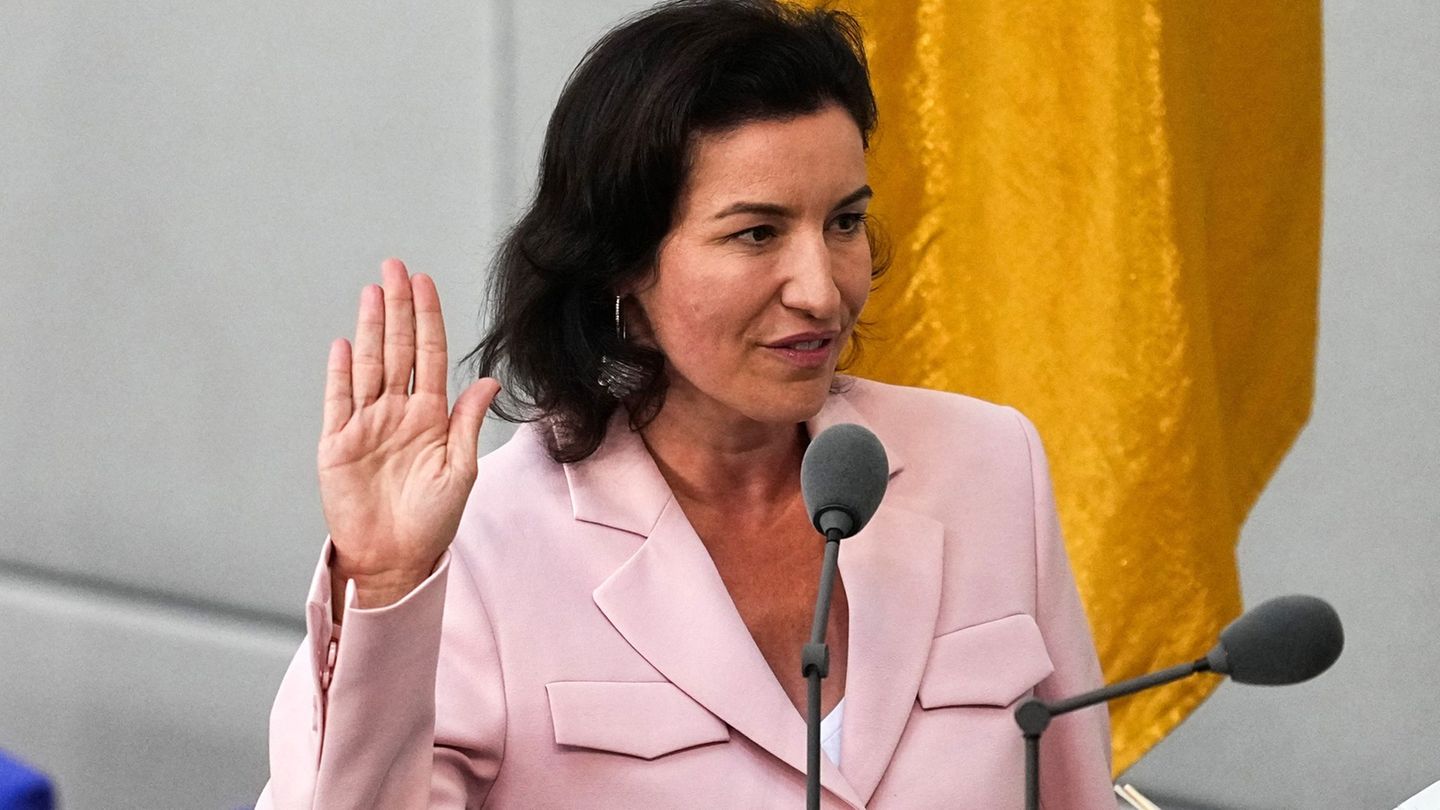I have been working in the news industry for over 6 years, first as a reporter and now as an editor. I have covered politics extensively, and my work has appeared in major newspapers and online news outlets around the world. In addition to my writing, I also contribute regularly to 24 Hours World.
Menu
New federal government: Bär: Space travel is much more than a flight into space
Categories
Most Read
Internal security: Cabinet approves draft of new federal police law
October 8, 2025
No Comments
Controversial project: Federal Ministry of Justice rejects EU plans for chat control
October 8, 2025
No Comments
Defense: Russia accuses the Leyen hybrid war against EU
October 8, 2025
No Comments
Consultations with parties: France’s Prime Minister sees a solution to the crisis without new elections
October 8, 2025
No Comments
Herdecke residents about the knife attack on Iris Stalzer: “Are shocked”
October 8, 2025
No Comments
Latest Posts

Breitschopf opened its new kitchen center in Dietach
October 8, 2025
No Comments
Opening: Steyr’s WK district office chairwoman Judith Ringer, state councilor Stefan Kaineder, Johannes and Johann Breitschopf, state governor Thomas Stelzer, Martin Breitschopf and mayor Johannes

Will there be visiting fans in the Reduced First National?
October 8, 2025
No Comments
October 8, 2025 – 13:22 The AFA and the security agencies are evaluating whether the teams have the possibility of counting on their fans, just

How it came to a meeting between Blau-Weiß Managing Director Peschek and Zlatan Ibrahimovic
October 8, 2025
No Comments
Ronivaldo with the trophy The international break is used at Bundesliga club Blau-Weiß Linz to be celebrated for the success of the past season on
24 Hours Worlds is a comprehensive source of instant world current affairs, offering up-to-the-minute coverage of breaking news and events from around the globe. With a team of experienced journalists and experts on hand 24/7.

